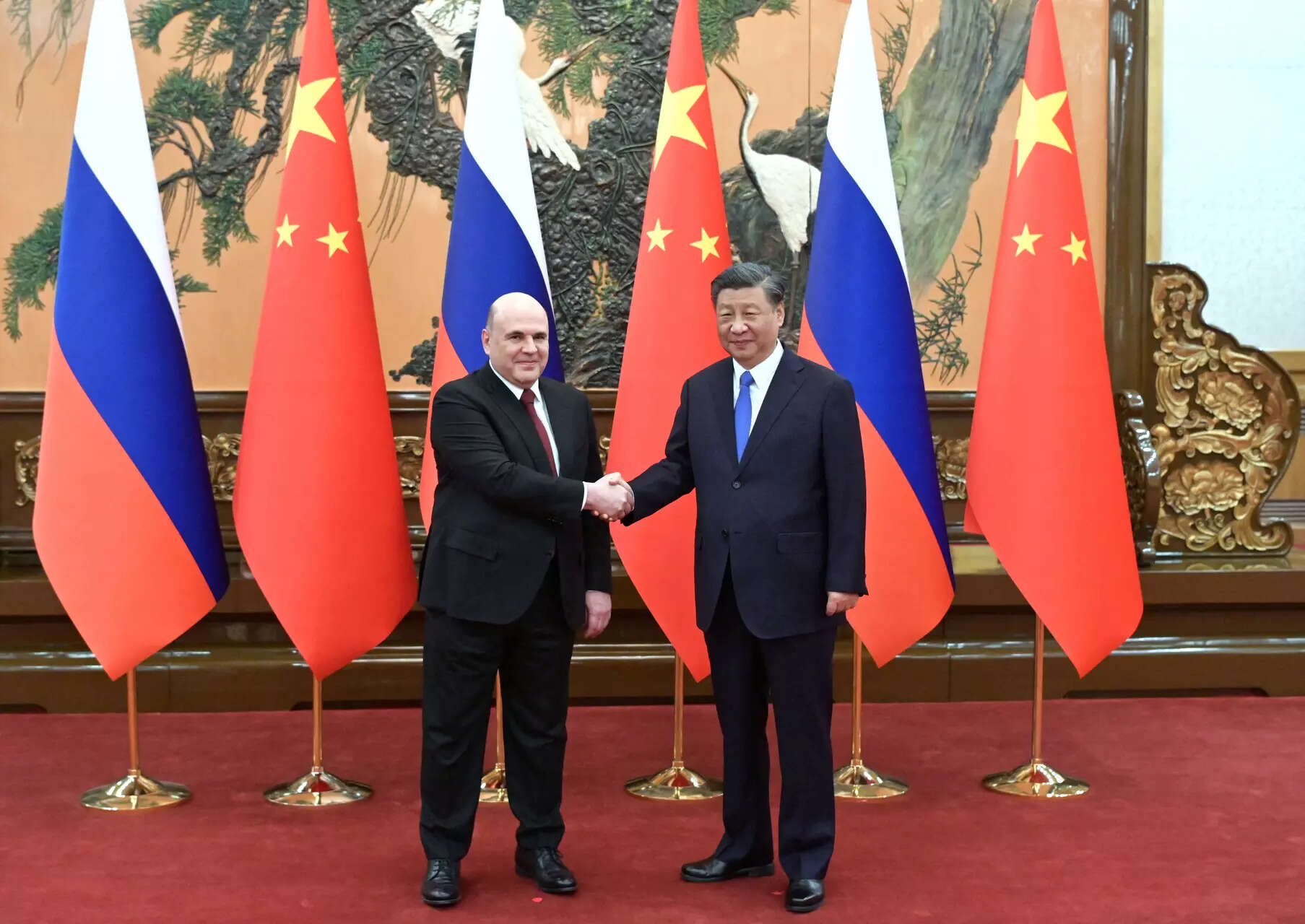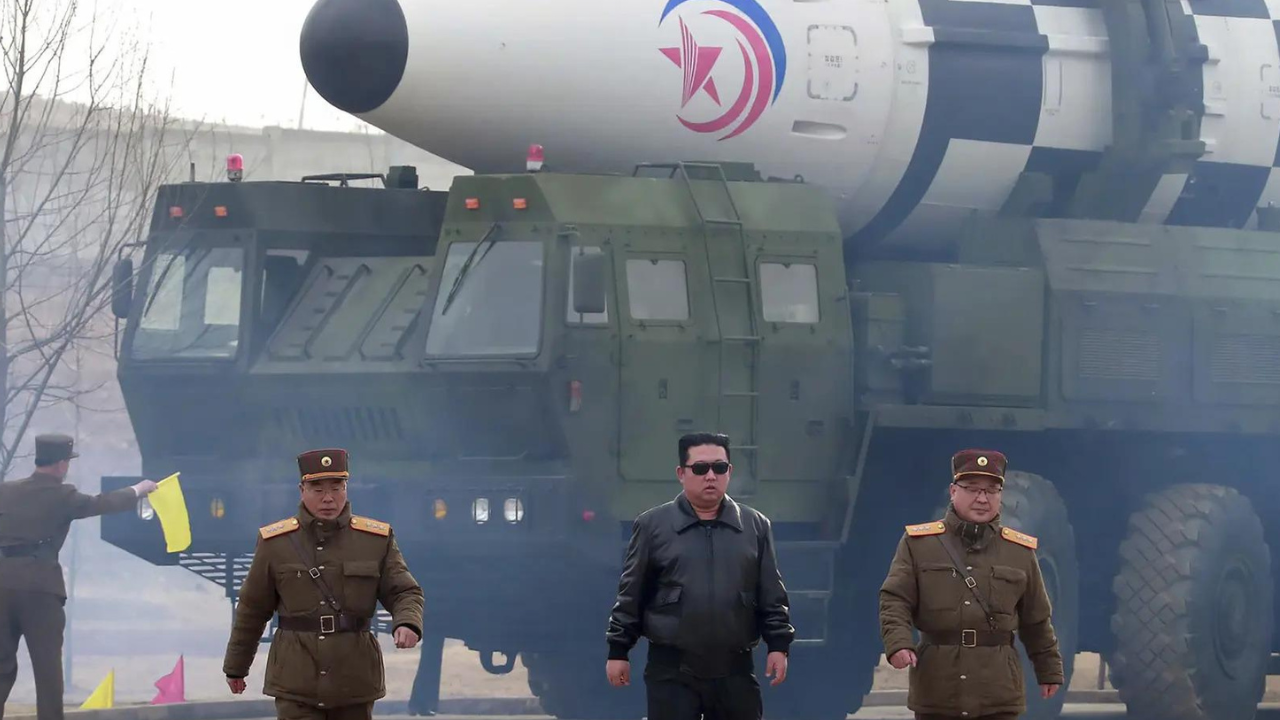Time For Global System To Change: What India's Former UN Ambassador Siad
Speaking about India's need to be treated as equals, Syed Akbaruddin said that, "This aspiration for being treated equally in a changing world is just an extension of our independence movement."

Speaking about India's right to be treated as equals, in a session titled 'Geo-Political Disruptions: Emerging Powers vs Existing Powers', former permanent representative at the UN Syed Akbaruddin at the NDTV World Summit on Monday said that, "This aspiration for being treated equally in a changing world is just an extension of our independence movement."
He said that since India has gained political independence and is economically self-sufficient, the world needs to treat India equally at a table where the latter's voice is not heard.
He cited the example of a smartphone updating its software with the click of one button. He said that, "We are not saying the international system needs to be that fast, but it's time for the international system to change."
In response to that, Dr Philipp Ackermann, Ambassador of Germany to India & Bhutan, said that India has gained a high level on the international stage and should not be asking questions of equal footing. He added, "The American president comes, the German Chancellor comes, they seek the Prime Minister's wisdom and ideas. India is being treated as an equal partner already."
As a footnote, Mr Ackermann also further stated that, even though the P5 says that the Security Council needs to be bigger, nobody has the intention to see it actuate, "they are very comfortable in their little club of 5", he said. "India, Germany, Brazil, and Japan belong to this table. We have to keep fighting."
Addressing what role India needs to play in climate change, Mr. Akbaruddin said that the climate transition is a difficult and complex one for India and that developed nations need to be more understanding of the needs of developing countries. Continuing on the topic of resetting the existing order, he said, "We have seen lone rangers do well sometimes but the big issues of the time require partnerships."
He was of the opinion that the challenges will be in climate, artificial intelligence, space and more, which are by definition transboundary and states will have to work to find solutions for that and that will come through partnerships and not lone rangers.



































![Safari Thorium Neo 8-Wheel Luggage Set Trolley Bags (Set of 3) at just Rs. 5,599 [MRP 29,100]](https://savefree.in/uploads/images/202409/image_870x580_66f63845060f0.webp?#)












![Handmade Brown Mango Wood Chopping Board At just Rs. 89 [MRP 599]](http://savefree.in/uploads/images/202303/image_870x580_641bf7e9c2206.jpg?#)


